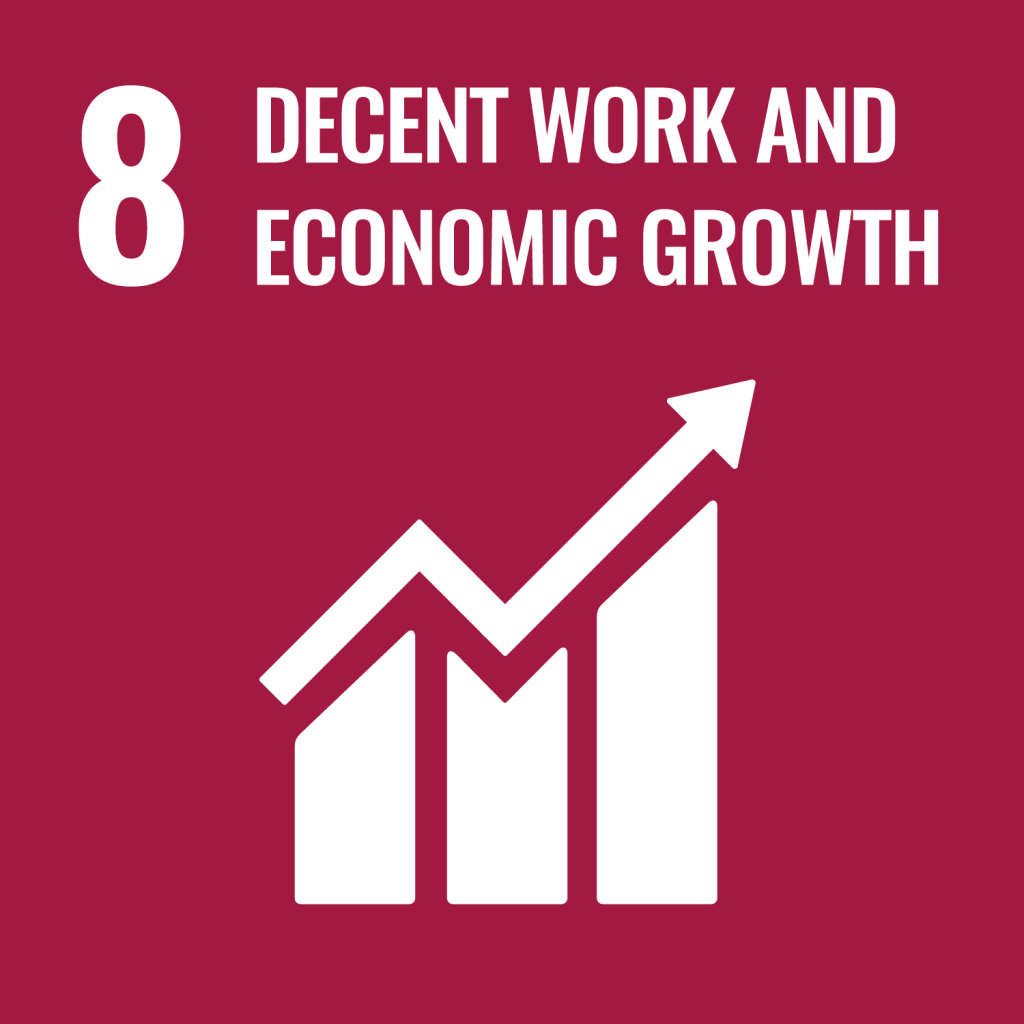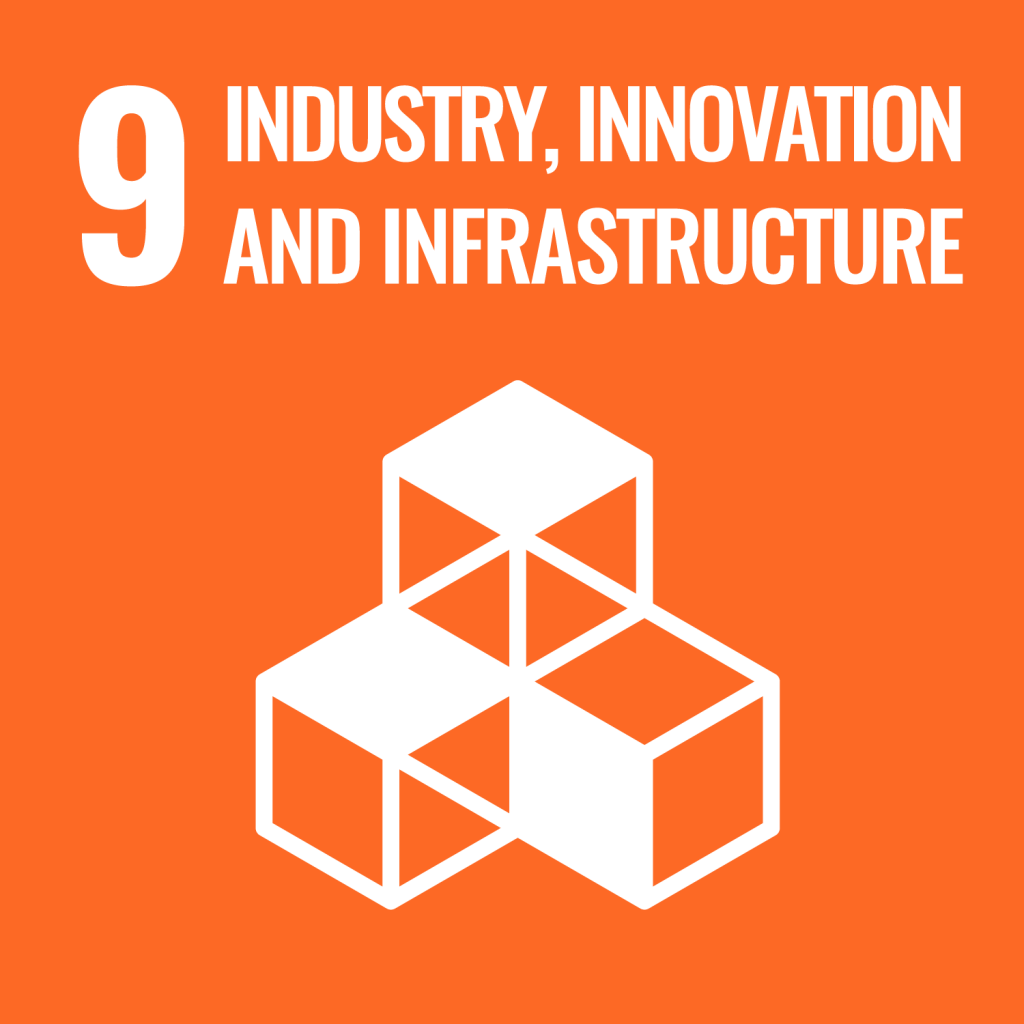Verdane
Medium (49-500)
Finance and Investment
Digital technology
Lesson
An investment company that has incorporated sustainability in all operations and supports its acquired companies in becoming more sustainable. Transparency in decision-making and good internal communication creates trust among employees and is a prerequisite for sustainability being a central notion of the business.
Background
Verdane is a private-equity firm that specialises in the investment in digital tech-driven companies and long-term growth. With headquarters in Sweden and Norway, the company has offices in six countries, including Germany, Denmark, Finland, Sweden, Norway, and the UK. The firm pursues ‘purpose-driven investing’ which guides their investment choices, value creation approach and institutional investor partnerships. In practice, this means that investments in companies are placed according to three core themes consisting of ‘the Digital Consumer’, ‘Software Everywhere’, and ‘Sustainable Society’. Verdane´s investors comprise pension funds, university endowments, and private foundations. Apart from their investment strategy, Verdane is also promoting change within their acquired companies through their positions on the board of directors, thus promoting sustainability solutions within other companies as well.




Sustainability Story
Verdane’s commitment to sustainability stems from recognizing sustainability as one of the big historical transitions, like the digitalization transition, and that contributing to the transition to a sustainable society will generate value in the long-term future. Verdane creates sustainable impact through financing and developing impactful companies. It is crucial to ‘future-proof’ long-term investments by recognizing which companies have a (sustainable) future market and are therefore worth investing in.
At Verdane, sustainability is an integrated part of the company culture that rests on four key values: “dare to be different”, “respect people and planet”, “we love what we do”, and “we get things done”. The company leadership actively fosters the culture and communicates the companies values internally (e.g. in recruitment processes, weekly messages to all employees, etc.) and externally in the communication with investors and portfolio companies. Staff well-being is considered important. The company makes sure to monitors staff well-being and offers tailored support where and if needed. There is also a high degree of transparency in the company’s decision-making, which fosters trust and contributes to the company’s cohesiveness. Verdane works on office sustainability to reduce its internal carbon footprint (e.g., energy efficiency, sustainable lunches, recycling).
From an organizational point of view, sustainability is intertwined in all operations through the position of the sustainability lead who works in close collaboration with the company leadership, the investment teams and operational experts. A team of operational experts, called the Elevate team, support Verdane´s and their portfolio company´s operations with expertise in different topics, e.g. sustainability being one of it.
Through Verdane´s experience in working with a wide range of companies, the Elevate team has a lot of knowledge to share. This expertise is employed to help their portfolio companies not only grow, but also make the transition to a more sustainable business model. This might entail putting in place mechanisms such as reporting and tracking various indexes relating to sustainability, but also introducing a more holistic way to think about sustainability issues along with ways to identify where and how companies can make the most impact within their given market and field. Such a service is unique for a European growth equity investor company.
Verdane engages in social sustainability through its own foundation that owns ten percent of Verdane and engages in charity and projects that support local inclusion, e.g. Good Talent, an NGO that helps to promote young talent from typically more underrepresented neighbourhoods. Verdane creates ecological, social, and economic value through the positive impacts on portfolio companies, working internally towards an increased diversity of talents, through contributing to the sustainable growth of pension funds and charitable activities of the Verdane Foundation.
Verdane Practices
| Invest in & Develop Companies That Will Grow & Still Respect People and Planet | Diverse & inclusive workplace with focus on well-being |
|---|---|
| The private equity firm conducts a sustainable due diligence for every new investment and influences sustainability in these companies through directors´ board membership in holdings and owning shares of the holdings. Moreover, they develop sustainability knowledge and incentivize sustainable projects in new firms and support with scalable sustainability solutions and tools. | Implement transparency measures across all the organisations activities: e.g. all documents on one server, open calendars, transparent feedback culture, and introduce mental health apps and personal coaching. |
Pathway Map
Diverse & Inclusive Workplace With Focus on Well-Being
View the Pathway MapSustainable Investments and Development of Portfolio Companies
View the Pathway MapEnabling Factors for Practices
| Internal to the organization | External to the organization |
|---|---|
| Elevate team that helps portfolio companies to improve in certain areas (i.e. sustainability), which is unique for a European company | Networks for capacity building, e.g. Forum of the heads of sustainability in private equity in the Nordics |
| Verdane foundation owning 10% of Verdane, engaging in social sustainability | |
| Fostering staff wellbeing and an inner culture based on ethical principles |
Arresting Factors for Practices
| Internal to the organization | External to the organization |
|---|---|
| Practical implications of new EU taxonomy not fully clear Lack of foresight into new EU regulations | |
| Lack of standardised framework capable of quantifying the externalities businesses generate. This hinders coordination and cooperation. | |
| Investment choices limited to industries which promises growth and returns. |

